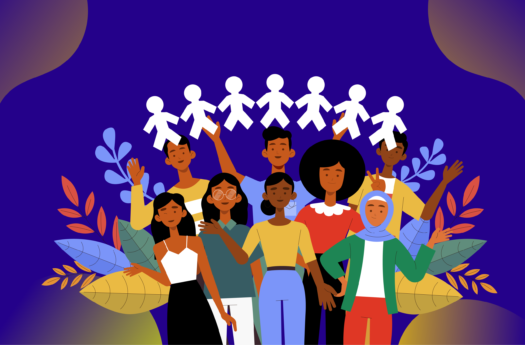Notebook Overview
This interdisciplinary subject provides students with the opportunity to study issues relevant to the distinctive physical, political, and socio-economic challenges facing the small states that comprise the region. The study integrates perspectives from various disciplines including, Cultural Studies and Ethics, Economics, Government and Politics, History, International Relations, Physical and Human Ecology, and Sociology, as tools for understanding Caribbean society and culture. The CAPE Caribbean Studies Syllabus defines the Caribbean region in terms of its geography, common historical experiences, cultural identities, participation in the global community, intermixing of diverse ethnic and racial groups, and its continuing struggle for survival and sovereignty.
Curriculum
- 3 Sections
- 18 Lessons
- 36 Weeks
- Module 1: Caribbean Society and Culture10
- 1.1🎯 Module Objectives
- 1.2🗺️ Locating and Defining the Caribbean Region and its Diaspora5 Hours
- 1.4🧭 The Historical Process
- 1.5🎭 Characteristics of Society and Culture
- 1.6🪪Identity and Social Formation
- 1.7🌀Impact of Geographical Phenomena
- 1.8👩🏾⚖️Impact of Societal Institutions on Caribbean People
- 1.9🎨 Caribbean Arts and Popular Culture in the Region and its Diaspora
- 1.11Caribbean Global Interactions
- 1.12📕Module 1: Glossary
- Module 2: Issues in Caribbean Development8
- Past Paper Quizzes1





